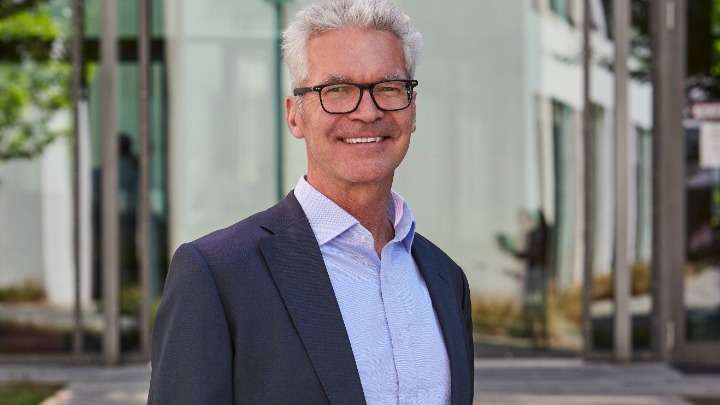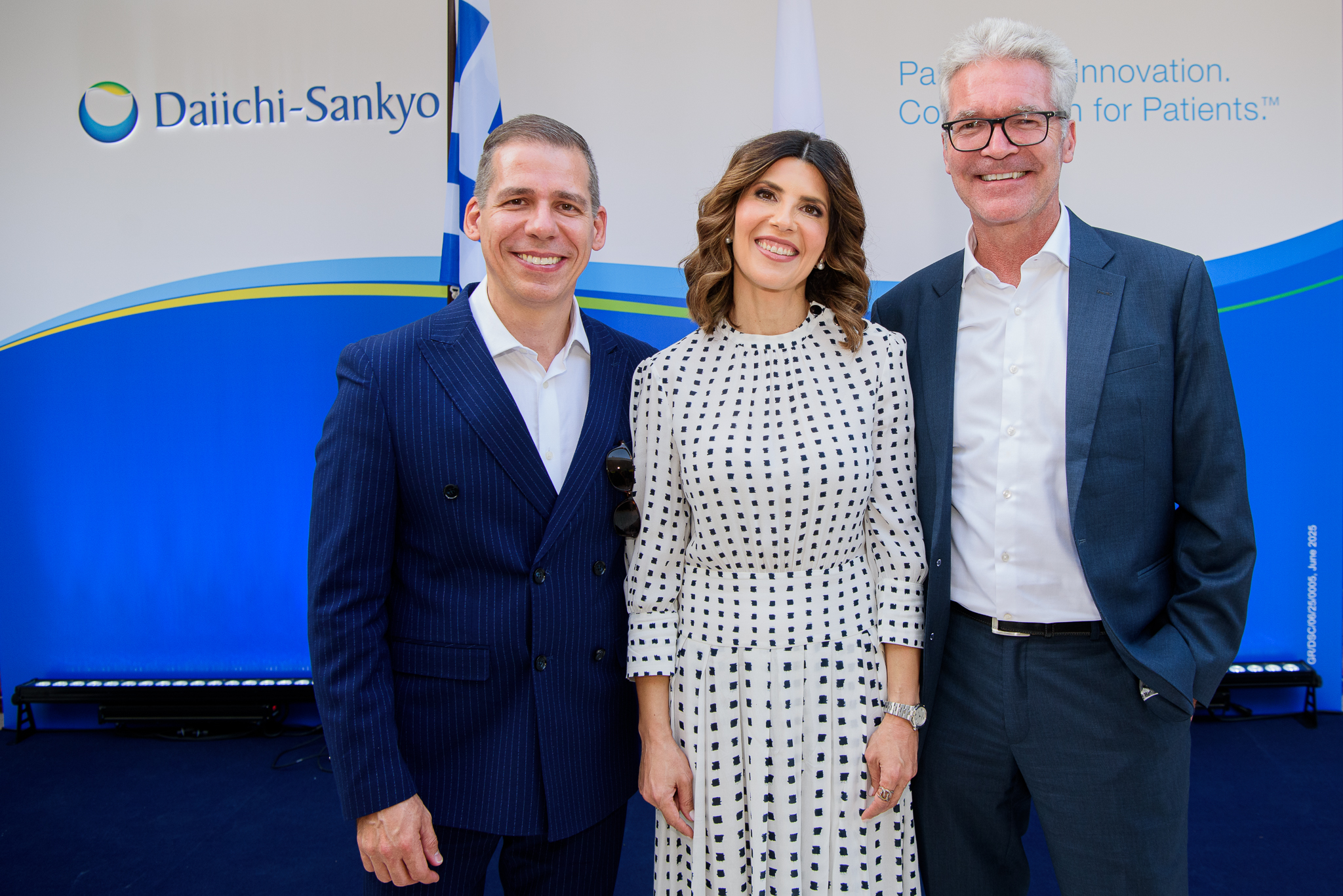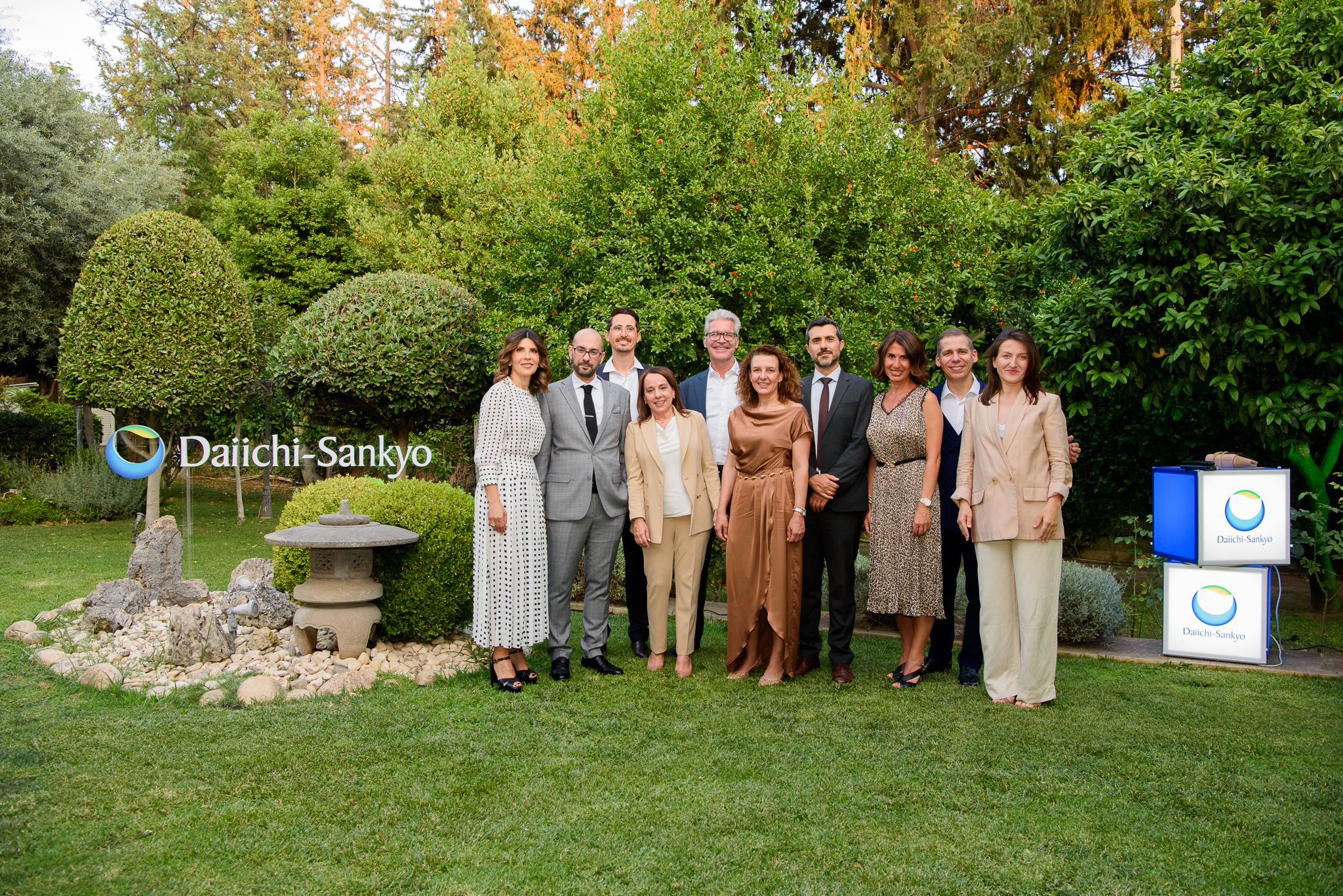From Science to Impact: Why Daiichi Sankyo Is Investing in Greece

As Daiichi Sankyo Greece celebrates its first anniversary, Prof. Dr. med. Markus Kosch, Head of Oncology Europe and Canada at Daiichi Sankyo, shares insights into leading the company’s cancer care strategy across the region - drawing on over 20 years of industry experience and a background as a medical doctor.
In a wide-ranging conversation with the Athens-Macedonian News Agency (ANA-MPA), he reflects on the significance of the Greek affiliate, the company’s pioneering cancer therapies, and the broader vision for equitable cancer care in Europe.
- Daiichi Sankyo Greece has just marked its first year. What does this milestone mean for the company?
Prof. Kosch: It is deeply rewarding to celebrate this milestone together with our Greek colleagues. This first year represents more than just a market presence - it is a testament to our long-term commitment to cancer care in Greece. Establishing an affiliate here is part of our broader European strategy. Our commitment is to enhance patient access to innovative oncology therapies in Greece. It’s also about forming meaningful partnerships with healthcare stakeholders to promote medical progress in cancer treatment.
From a regional perspective, it aligns with major investments we’re making - like the € 1 billion transformation of our Pfaffenhofen site in Germany into a global innovation hub for Antibody-Drug Conjugates (ADCs) by 2030, a key pillar supporting our growth and innovation across Europe, including Greece.
- Canada was the most recent new Daiichi Sankyo affiliate before Greece, established in 2021. Why was Greece chosen next? What local strengths stood out?
Prof. Kosch: Greece is strategically important for us. The country faces a significant cancer burden but also boasts a highly respected oncology and hematology community. We saw a readiness in the medical landscape to embrace innovation - and importantly, a government and health system increasingly focused on reform and resilience.
There’s a shared sense of urgency to improve outcomes in cancer care. We want to be more than just a medicine provider - we want to be a long-term, trusted partner in this effort.
- Clinical research seems to be a major priority for Daiichi Sankyo. What role does Greece play in that ecosystem?
Prof. Kosch: A growing one. We currently have multiple global clinical trials underway in Greece, supported by excellent local research centers. The quality of the science and the dedication of Greek investigators have been exceptional.
In the future, we want to further accelerate clinical timelines, supporting infrastructure, and making sure patients here benefit from the latest breakthroughs as early as possible.
- How is Daiichi Sankyo contributing to the advancement of cancer care in Europe?
Prof. Kosch: Everything we do starts with patients, their families and care givers. Our goal is to create innovative treatments that change the standard of care in solid and blood cancers and offer better outcomes, faster. We focus on breast, lung, gastric, and hematologic cancers and have expanded our European footprint significantly over the past five years. We now operate in 14 countries, with a tenfold increase in staff. By 2026, we aim to reach over 100,000 patients in Europe with our therapies.
We’ve pioneered a new generation of Antibody-Drug Conjugates (ADCs), which deliver potent medicine directly to tumor cells while minimizing damage to healthy tissue. This science has already changed outcomes for tens of thousands of patients, and we believe we’re only at the beginning.
- Daiichi Sankyo is known for its scientific excellence, particularly in ADCs. What sets your approach apart in the competitive oncology landscape?
Prof. Kosch: Our science is personal. We don’t just look at the tumor - we look at the individual behind it. That philosophy drives our work in precision medicine and informs how we design our therapies.
Scientifically, our ADC platform is among the most advanced globally. We’ve made substantial strides in manufacturing and targeting capabilities, which allow for greater efficacy and safety. But beyond technology, what sets us apart is our culture. Our Japanese values - Kizuna (trust) and Wa (harmony) - influence everything we do, from scientific partnerships to patient engagement. It’s a holistic approach rooted in empathy and collaboration.
- Many patients across Europe still face barriers to accessing new treatments. What’s your perspective on how these challenges can be overcome?
Prof. Kosch: Access inequality is a serious issue - especially for oncology therapies, which often face the longest delays in reimbursement.
As a board member of EFPIA, I believe we’re at a pivotal moment. We need to work closely with European and national authorities to make sure to improve access to innovative treatments, so medical progress reaches patients in need. No patient should wait longer for care simply because of where they live.
- Looking ahead, what does a sustainable pharmaceutical ecosystem look like - and what role does Daiichi Sankyo hope to play in shaping it?
Prof. Kosch: Sustainability is about long-term, shared value. We’re not just here to launch products - we’re here to contribute to the entire healthcare ecosystem.
A great example is our strategic partnerships with AstraZeneca and MSD, which helped bring our ADCs to more patients, faster. These alliances allowed us to accelerate clinical development, expand indications, and launch pivotal trials across Europe - including here in Greece.
In parallel, we’re investing in the next generation of cancer researchers by supporting scholarships and more than 70 stakeholder initiatives aimed at improving care delivery, access, and policy innovation. True sustainability comes from working together - across borders, across sectors - with a shared mission to improve lives.
As Daiichi Sankyo Greece enters its second year, the message from Markus Kosch is clear: Science alone isn’t enough. It’s the people, the partnerships, and the shared commitment to better cancer care that will define the future. And in Greece, that future is already taking shape.
GR/DSC/06/25/0017



















































































